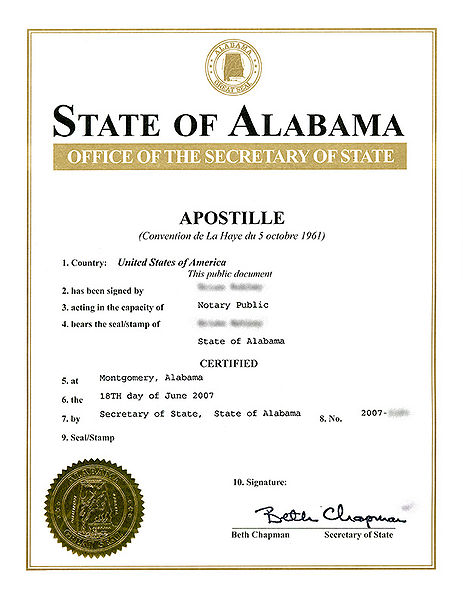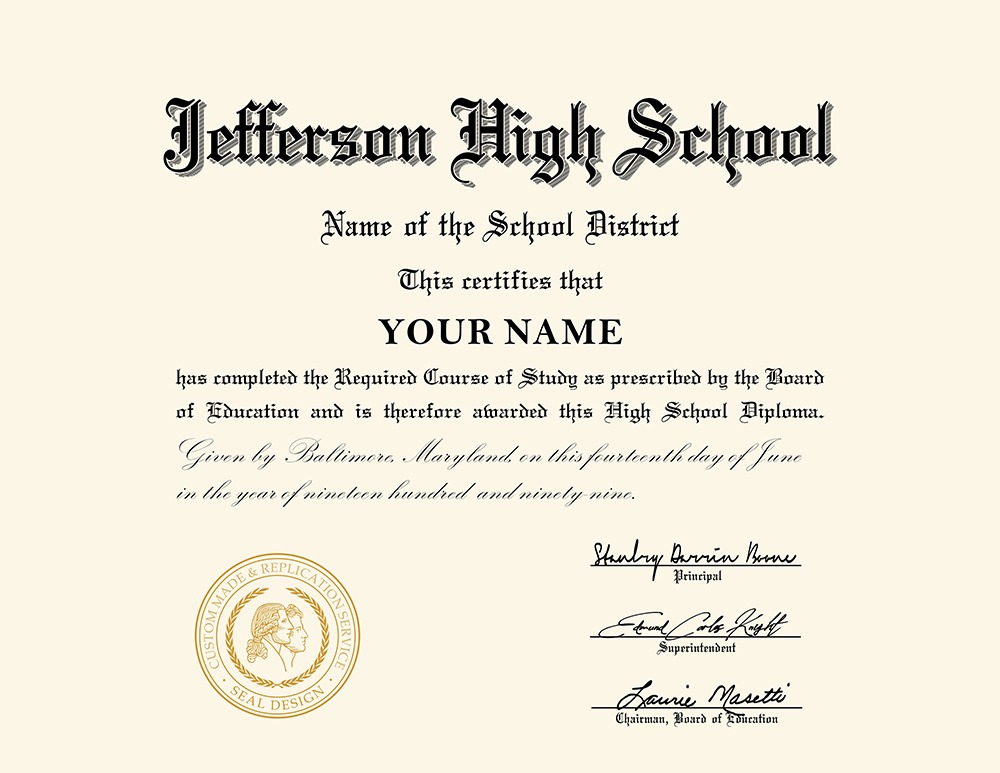Understanding the Apostille Process: A Comprehensive Overview to International File Verification
Browsing the intricate landscape of global file verification can be discouraging without a clear understanding of the apostille procedure. What specifically defines an apostille, and why is it so essential for files destined for Hague Convention nations?
What Is an Apostille?
An apostille is a main qualification that validates the credibility of a paper for usage in another nation. This qualification, provided by an assigned authority in the country where the document stemmed, makes sure that the paper is acknowledged as valid and reputable in the global field. The process of obtaining an apostille involves numerous actions, including the verification of the document's trademarks, seals, and stamps by proper governmental bodies.
The apostille functions as a globally recognized kind of verification, made possible by the Hague Convention of 1961. This treaty, formally called the Hague Convention Abolishing the Need of Legalisation for Foreign Public Papers, standardizes the procedure of paper accreditation among member nations. The apostille itself is a standard certification which contains particular info, such as the providing authority, the native land, and the day of issuance.
It is vital to keep in mind that not all documents are eligible for an apostille. Normally, public documents like birth certifications, marriage licenses, court orders, and instructional diplomas receive this certification. Private records, such as agreements and agreements, might need registration and added actions to certify.
Value of Apostille
Recognizing what an apostille is sets the stage for appreciating its value in worldwide ventures. houston tx apostille. An apostille, basically a type of accreditation issued by a designated authority, confirms the authenticity of a file for use in international nations that are signatories to the Hague Apostille Convention. This standardized procedure removes the need for further legalisation by consular offices or consular offices, thereby enhancing global purchases
It ensures the integrity and approval of necessary records-- such as copyright, marriage licenses, and educational diplomas-- throughout boundaries. For businesses, it helps with the smooth conduct of worldwide profession, mergers, and acquisitions by supplying a relied on technique of record verification.
Moreover, an apostille enhances lawful safety and conformity. Federal governments and institutions can confidently depend on the authenticity of documents birthing an apostille, alleviating the risk of scams and misrepresentation.
Records That Require Apostille
When taking part in global deals or lawful issues, particular documents commonly necessitate the authentication supplied by an apostille. This ensures their acknowledgment and approval in countries that are signatures to the Hague Apostille Convention. Typically, individual files such as copyright, marriage certifications, and fatality certifications require an apostille, especially when they are utilized for procedures like migration, marital relationship abroad, or international probate matters.
Educational files are one more classification regularly calling for apostilles. Diplomas, records, and academic records typically require this verification for purposes such as pursuing further education, employment, or expert licensing in an international nation (houston tx apostille). This action guarantees that the files are identified as legitimate and valid
Legal records, consisting of powers of attorney, testimonies, and court orders, also frequently necessitate apostilles. Organization documents such go to the website as certifications of incorporation, laws, and business contracts may need an apostille to assist in global profession, establish foreign branches, or involve in cross-border lawful proceedings.
Steps to Obtain an Apostille

Getting an apostille involves a multi-step process that makes sure the credibility and acceptance of your records in international nations. The preliminary action is identifying which records need an apostille. houston tx apostille. Typical files consist of birth certifications, marital relationship licenses, academic records, and business files
As soon as determined, the document needs to be certified by the ideal providing authority. After certification, the paper should be sent to the designated Competent Authority in the paper's country of origin.
The entry process generally requires a finished application form, the initial document, and a cost. Some jurisdictions might offer the alternative of expedited processing for an added fee. Upon effective confirmation, the Competent Authority will fasten the apostille certificate to the record, thus validating its authenticity.
Usual Challenges and Solutions
Browsing the apostille process can provide several typical challenges that, otherwise appropriately dealt with, might delay or make complex file authentication. One frequent issue is the submission of incorrect or insufficient records. Each nation has certain requirements for the kinds of records that can be apostilled, and any kind of deviation from these can result in being rejected. Making certain that all documents are precise and total before submission is crucial.
An additional common obstacle is recognizing recommended you read the diverse handling times. Processing times can vary substantially between nations and even in between different areas within the same nation. It is vital to make up these variants when intending the apostille process to prevent unexpected hold-ups.
Furthermore, language barriers can present significant obstacles. Files in a foreign language frequently call for qualified translations, and any kind of errors in translation can cause additional problems. Engaging a specialist translation service can mitigate this threat.

Final Thought
Mastering the apostille procedure substantially improves other the efficiency of international record verification. By comprehending the need of recognizing and licensing needed files, and navigating the entry to the Competent Authority, the process comes to be a lot more manageable. Recognition of typical challenges, such as insufficient submissions and language obstacles, additionally aids in preventing prospective delays. Making certain papers are appropriately apostilled facilitates their approval in Hague Convention signatory nations, thereby sustaining seamless worldwide lawful and administrative procedures.